By Sola Fasure
One of the major issues Ogbeni Rauf Aregbesola confronted as minister of interior was the chronic congestion of Nigeria’s correctional facilities. At any given time — even now — about 80 percent of inmates are awaiting trial, not yet convicted of any offence.
The rigmarole of endless trials, constant adjournments, absentee judges, lack of vehicles to convey inmates to court, and other bureaucratic lapses has led to the clogging of our prisons and the near collapse of justice administration.
This failure has multiple layers of blame. Some of it rests on the suspects themselves, particularly those facing capital punishment, who exploit procedural loopholes to frustrate and prolong their cases, in the hope they will wear out the prosecutor and be freed.
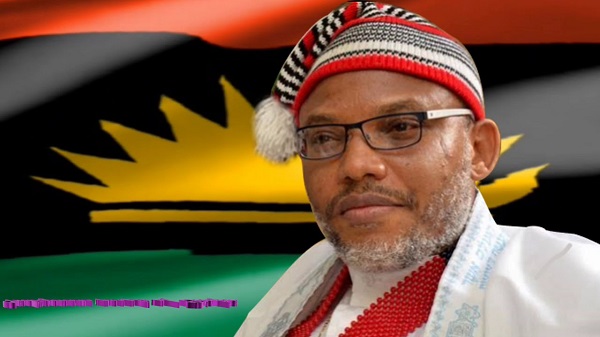
Nnamdi Kanu
Some lawyers also benefit from the merry-go-round of adjournments, raking in fees from endless appearances.
The government, through the combined failures of the judiciary, the prosecution, and the correctional system, must bear the ultimate responsibility for allowing the wheel of justice to grind so painfully slow.
As a result, many inmates have spent more time in detention than the maximum sentence prescribed for their alleged offences — a grotesque irony that turns justice on its head.

Nnamdi Kanu
This brings us to the seemingly endless trial of Nnamdi Kanu, leader of the Indigenous People of Biafra (IPOB). Between Kanu and his lawyers, there appears to be a deliberate strategy to turn the trial into a political circus — milking it for maximum propaganda value and make the case for his release compelling.
Unfortunately, the government and the justice system seem to be complicit, whether by indecision or design.
The charges against Kanu are not ambiguous. The evidence is said to be overwhelming; the witnesses, plentiful. Yet, the case has dragged on for years, oscillating between adjournments, procedural debates, and legal theatrics.
Such delay raises a troubling suspicion: that the government may not actually intend to convict Kanu, but rather to keep him in perpetual legal limbo — detained without closure, prosecuted without conclusion.
To be fair, this predicament did not begin with the present administration. Kanu was initially granted bail, but he jumped bail, fled abroad, and from there allegedly engaged in activities that further breached Nigerian laws. His eventual arrest and extradition from Kenya reignited the legal battle, but since then, it has been more drama than progress.
To complicate matters, Kanu was on tape, directing his members, through his illegal radio station, to kill law enforcement agents in Lagos and destroy public property. They not only did that, they destroyed a lot of the property of President Bola Tinubu in Lagos. It’s therefore difficult to dismiss the claim that the president has interest in his case.
But the government must now make up its mind. It cannot continue to detain a man indefinitely without resolution. If the intention is to release him, then the proper course is clear: withdraw the charges, allow the court to strike out the case, and set him free. He can then continue his separatist agitation, with all its implications for national stability.
He might as well run into a mishap as often happens to those who hold the state hostage.
Alternatively, if the state has a solid case — as it claims — it should prosecute it to conclusion. Bring the matter to a close and let justice be done, whatever the outcome.
Beyond Kanu’s case lies a deeper systemic rot. Nigeria’s criminal justice system needs urgent overhaul. There should be statutory limits for the determination of criminal cases — say, a maximum of six months from arraignment to judgment. Justice must not be a never-ending story.
Furthermore, judges, prosecutors, and defence lawyers who deliberately frustrate proceedings should face disciplinary action by the appropriate bodies. Justice must serve both the state and the citizen — not the selfish interests of those who manipulate it for profit or politics.
As the old maxim reminds us, “Justice delayed is justice denied.” The Magna Carta declared it in 1215, and William Gladstone reaffirmed it centuries later. Yet in Nigeria, that simple truth still struggles to find expression in practice.
Until the culture of indefinite trials and judicial stagnation is broken, the prisons will remain congested, the public will lose faith in the courts, and the rule of law will continue to wobble under the weight of its own contradictions.


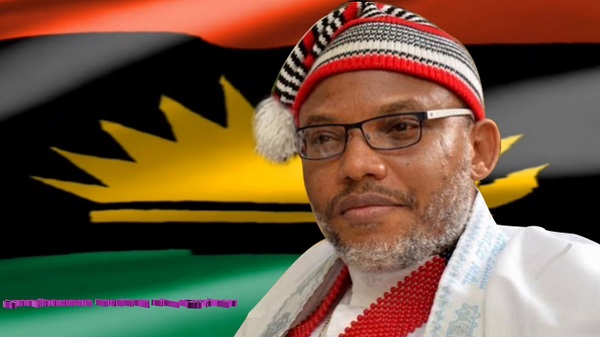


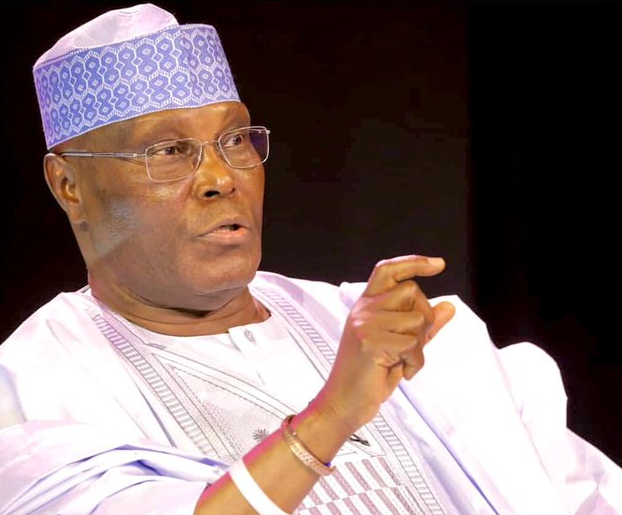
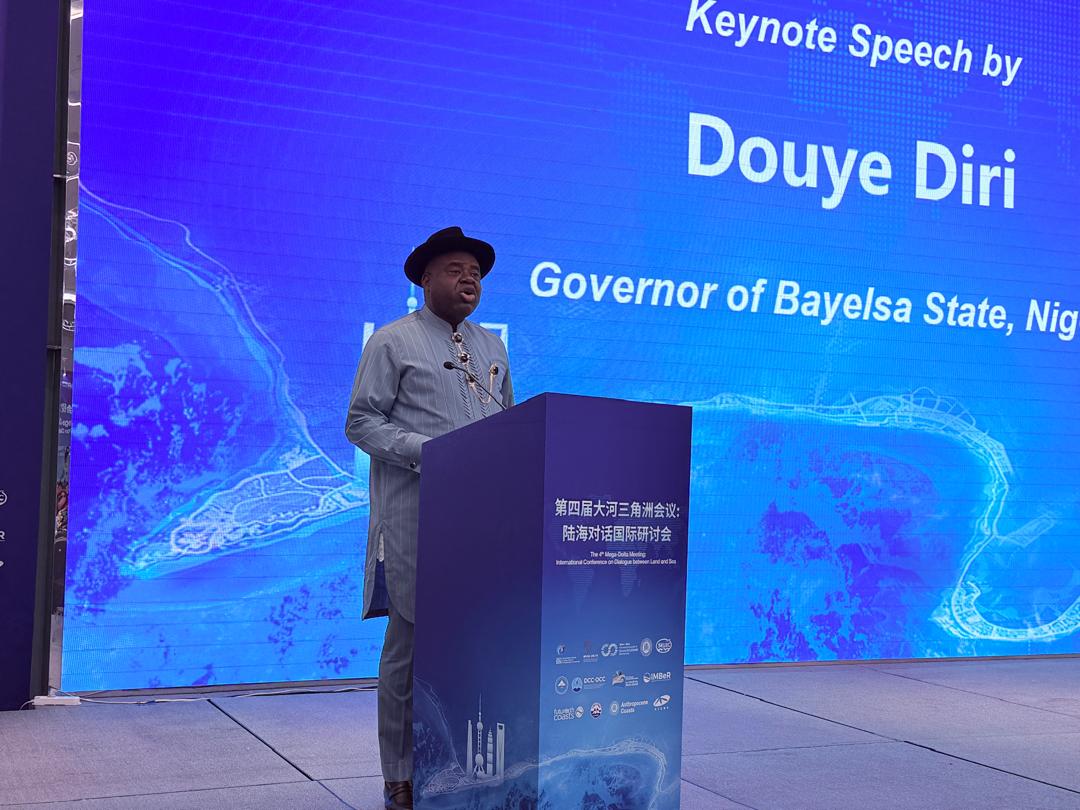

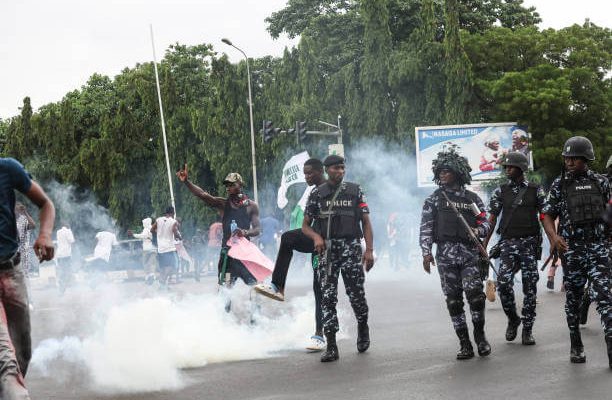


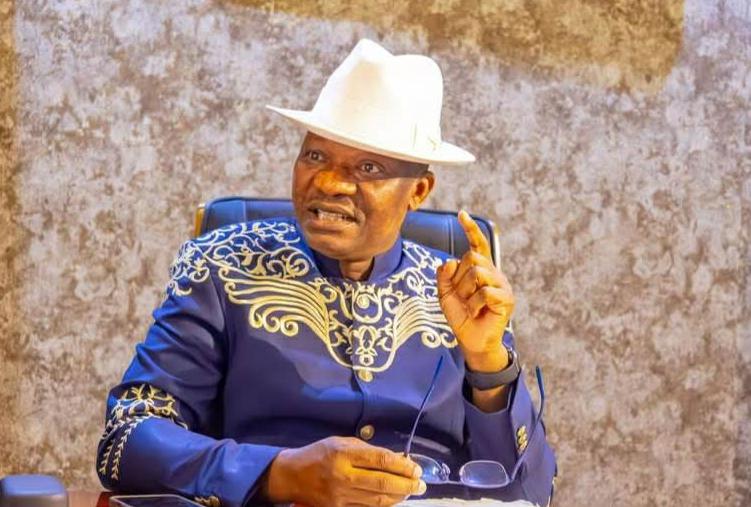
Leave a Reply